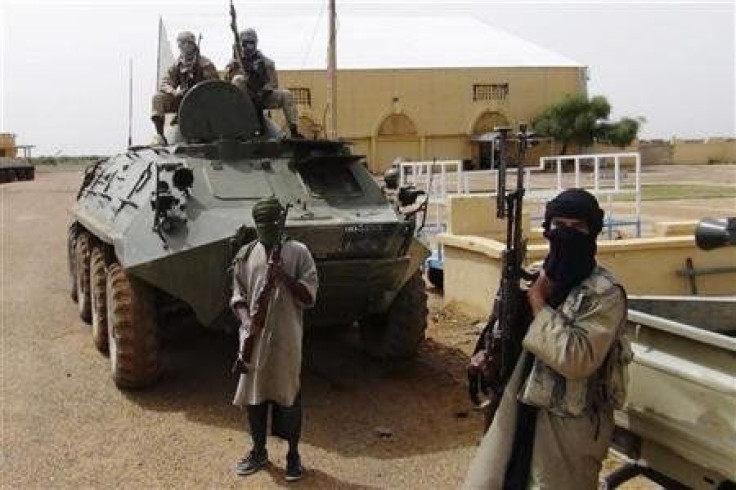Mali’s Refugee Problem Intensifies Amid Counterinsurgency Push

Scattered throughout the embattled towns of north and central Mali -- where French, Malian and other African troops are battling against an Islamist insurgency -- are thousands of empty homes. The people who once lived there have fled, either to safer towns within Mali or to neighboring nations like Burkina Faso, Niger and Mauritania.
Data from the U.N. High Commissioner for Refugees indicates that 229,000 Malians are now internally displaced persons, or IDPs. Another 150,000 have left the country. Far from their home communities, these men, women and children are even more vulnerable to the scourges that have plagued the region, including poverty, hunger and a lack of medical care.
But for these migrants, life at home posed an even greater risk. Some left to avoid the approaching insurgents; others fled after the Islamists had taken over. And thousands more have skipped town in recent days to avoid getting caught in the crossfire when a French military operation in Mali began on Jan. 11.
A little more than a year ago, Mali was a fairly stable country with a functioning democracy, although slavery, ethnic conflicts and poverty were serious problems. In December 2011, a wave of insurgents -- the Tuaregs, a nomadic group that had long sought to establish an independent state -- rolled into northern towns, strengthened by weapons left over from their work as mercenaries for the doomed Libyan regime of Moammar Gadhafi.
But Islamists, many of whom had also worked for Gadhafi, soon took over the Tuaregs’ momentum and imposed a harsh version of Shariah -- or Islamic law -- on communities in northern Mali, where most people had practiced a more moderate form of Islam.
“Many people left after life became more difficult with all of the restrictions placed on people, relating to what they could wear and how they should behave,” says Tirana Hassan of Human Rights Watch, speaking from Mali’s capital city of Bamako.
“Another reason people are fleeing has to do with concerns that their children would be recruited to fight,” she added. “There have been consistent reports of children recruited into Islamist groups.”
Those Malians who leave the country often end up in refugee camps, which are filling up quickly as the military intervention continues. During the past 11 days alone, about 4,200 have traveled to Mauritania. Another 1,300 have fled to Nigeria during the same period, along with 1,800 to Burkina Faso.
As for the IDPs in Mali, most come from northern towns that were among the Islamists’ first conquests: Timbuktu, Gao and Kidal. Some have traveled the hundreds of miles to Bamako, where Hassan reports the mood is fairly calm.
But even though the capital has not been directly threatened by the insurgents, it is still suffering its own form of upheaval; the administration there was taken over in a military coup in March 2012. Although a transitional government has been established, it remains weak and fractured.
Restoring stability may be the only way to help Malian refugees return home, but that’s a tall order. The Islamist militants in northern Mali are taking on an increasingly long-term and global stance, vowing to fight the French -- and other Western powers -- for as long as they are able.
Even if France and regional troops do succeed in dismantling insurgent havens, the drama could be far from over.
“There is a real danger that when there’s a vacuum as the Islamists leave, there may be an increase on attacks against people perceived to have been involved,” said Hassan. “We are particularly concerned about the possibility of reprisal attacks in places where there has been conflict and people are facing human rights abuses.”
For the time being, refugee camps abroad, hosts of fleeing families, and humanitarian organizations will continue efforts to keep displaced persons fed, sheltered and safe during Mali’s ongoing crisis. But the longer this situation continues, the more dire the situation for Mali’s hundreds of thousands of refugees will become.
© Copyright IBTimes 2024. All rights reserved.












